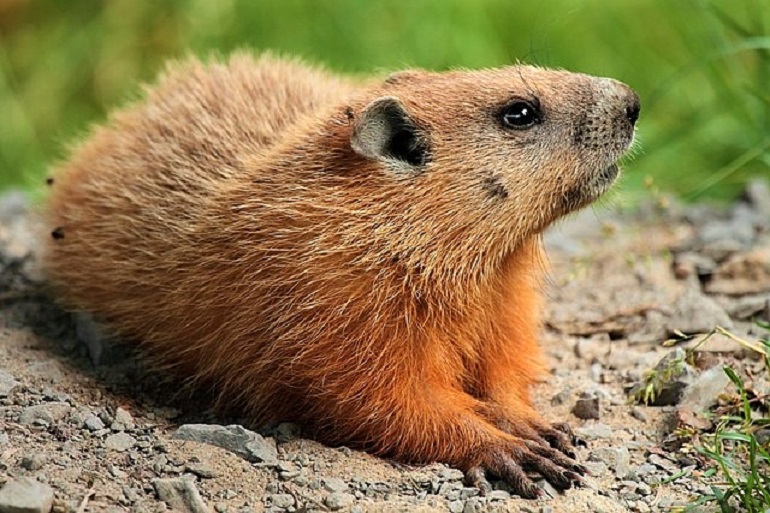Horses should not eat grass clippings, as they pose health risks and can cause digestive issues. Grass clippings may seem like a convenient and appetizing treat for horses, but they should be avoided.
While horses are herbivores and grazing on grass is their natural diet, consuming grass clippings can be harmful to their health. Grass clippings can ferment quickly, leading to the growth of harmful bacteria and the production of toxins. Additionally, clippings can become compacted in the horse’s digestive system, potentially causing impaction colic, a serious and painful condition.
It is important to provide horses with fresh and properly managed pasture or hay to support their nutritional needs and overall well-being.
The Impact Of Grass Clippings On Horses
Grass clippings may seem like a convenient and cost-effective feed for horses, but they can have harmful effects on their digestion. While horses naturally graze on grass, clippings can pose a risk due to their rapid fermentation process. Digestive issues such as colic and laminitis can occur when horses consume large quantities of clippings at once.
The fermentation process in the gut can produce excessive gas and disrupt the delicate balance of the horse’s digestive system. Furthermore, clippings that have been treated with chemicals or come into contact with toxic plants can be toxic to horses.
It’s important for horse owners to understand the nutritional value of grass clippings and the potential risks they pose to equine health. Veterinary guidance should always be sought before introducing clippings into a horse’s diet to ensure their well-being.
Safety Measures To Consider
Feeding horses grass clippings can pose potential risks to their health. It is important to consider safety measures to ensure the well-being of the horses. When managing grass clippings around horses, there are guidelines that should be followed. Firstly, it is recommended to avoid feeding them grass clippings as there are safer alternatives available.
Grass clippings can be contaminated with pesticides or harmful substances that can harm the horses. Additionally, horses may consume large amounts of clippings quickly, leading to digestive issues such as colic. Proper disposal of grass clippings is essential to prevent horses from accessing them.
It is advisable to compost the clippings away from the horses’ reach or dispose of them properly. By adhering to these guidelines, you can ensure the safety and well-being of your horses when it comes to managing grass clippings.
Best Practices For Feeding Horses
Feeding horses requires careful consideration to ensure their health and well-being. When introducing new food into their diet, it’s important to follow safe practices. Experts recommend a balanced diet with appropriate forage options. For example, grass clippings may be tempting to feed to horses, but it’s best to avoid them.
Instead, opt for high-quality hay or pasture grass. Gradually introduce new forage options to prevent digestive issues. It’s essential to prioritize the horse’s overall health and consult with a veterinarian for personalized recommendations. By providing a well-balanced diet and carefully selecting forage options, horse owners can help maintain their horse’s vitality and prevent potential health problems.

Credit: worldanimalfoundation.org
Conclusion
To sum up, it is clear that horses should not be fed grass clippings. While it may seem like a convenient way to dispose of yard waste and provide a snack for your equine companion, the risks far outweigh the benefits.
Grass clippings can quickly ferment, leading to a dangerous condition called colic. Additionally, they may contain toxic substances such as pesticides and herbicides. Feeding clippings also disrupts the natural grazing behavior of horses, increasing the risk of digestive problems. It is best to stick to a diet of fresh, high-quality forage and appropriate concentrates to ensure your horse’s health and well-being.
Always consult with a veterinarian or equine nutritionist for personalized advice on proper equine nutrition. By prioritizing your horse’s diet and avoiding the temptation of feeding grass clippings, you can help ensure their happiness and longevity.
